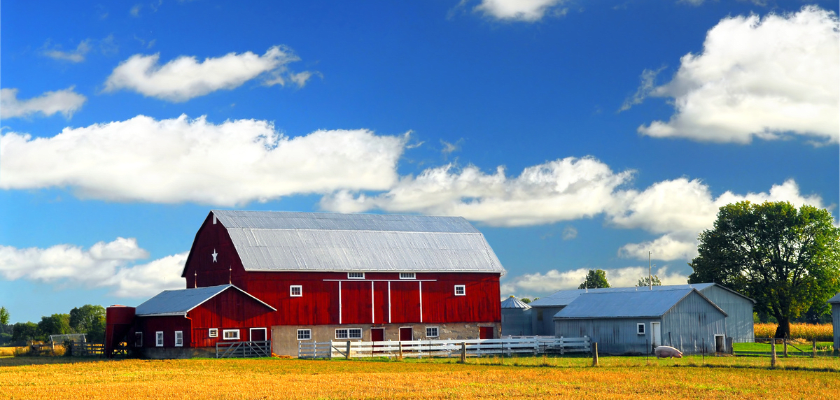Is your processing operation in compliance with health and safety laws?

At a time when most business owners are looking for ways to increase revenue and tap into new markets, it’s not surprising that many farmers are getting into processing. “It’s about adding value,” says Ryan Dick, Health and Safety Consultant with WSPS.
Whether you create a product and sell it directly to the public or supply your product to a wholesaler, restaurant or retail outlet, the ways in which processing can help grow your operation are clear. It can be great for your business. However, when you add a processing component to your farming operation, there is a lot to consider when it comes to health and safety.
“One of the biggest things farmers have to understand is that the processing component of their operation may need to follow the province’s Industrial Regulation for health and safety, not the Farming Regulation,” says Ryan. “Processing is essentially manufacturing, which is not necessarily farming, so different legislation can apply, especially if you buy components from other farms or have dedicated processing staff.” Ryan also points out that if you build a processing facility, the Construction Regulation may apply, so it’s important to get clarification on that before starting the project.
Is it a farming operation or an industrial operation?
Recognizing when you have an industrial operation can be tricky. “The family farm that I grew up on processed grains,” says Ryan. “We grew grains, we cleaned the grains, and then we sold the processed grains for seed components. We had an entire building organized with several bins specifically for cleaning and separating the grains. Were we considered an industrial operation? That depends.”
Ryan explains that there are two key criteria to help you determine whether you have a farming operation or an industrial operation. If you are doing either of these things, you likely have an industrial operation.
- If you have a building, facility or staff dedicated to processing, you have an industrial operation. “If you hire an employee specifically to perform processing tasks, not farming tasks, industrial health and safety legislation applies,” says Ryan.
- If you purchase crops or raw materials from another farm to process, you have an industrial operation. “As soon as you buy your neighbour’s crops and process them for your line, you start to fall under manufacturer classifications,” says Ryan.
5 health and safety tips for processing on your farm
Ryan highlights these five tips for when your processing operation must follow industrial health and safety legislation.
- Develop health and safety policies and procedures. Create step-by step procedures outlining the specific tasks that workers will perform during processing. These procedures must be documented and employees must be trained on them.
- Complete new hazard assessments. For each new procedure you have introduced as part of a processing operation, you must complete a hazard assessment that identifies hazards and outlines how they are controlled. As with procedures, hazard assessments must be documented and should involve the Joint Health & Safety Committee (JHSC) or Health and Safety Representative.
- Train your workers. Under the Industrial Regulation, there may be training requirements that may not have been mandatory for farming operations previously. Provide your workers with all the training required for the type of work they are doing.
- Train your supervisors. In Ontario, according to the Occupational Health and Safety Act, you must have competent supervisors. That means the person who supervises your processing operation must be familiar with the related procedures, controls, hazards, and potential hazards in order to instruct employees accordingly.
- Make sure the equipment meets Ontario health and safety standards. Not all countries have the same safety standards, so ensure that any equipment imported for processing meets Ontario health and safety requirements. This applies to things such as guarding on machines and inspections on racking.
Free safety resources
Adding a processing operation to your farm is an exciting venture. To help you do it safely, WSPS has free information and resources, such as the Health and Safety Handbook Generator. Check out the Small Business Centre or connect with a health and safety expert for more information about processing on your farm.
The information in this article is accurate as of its publication date.




